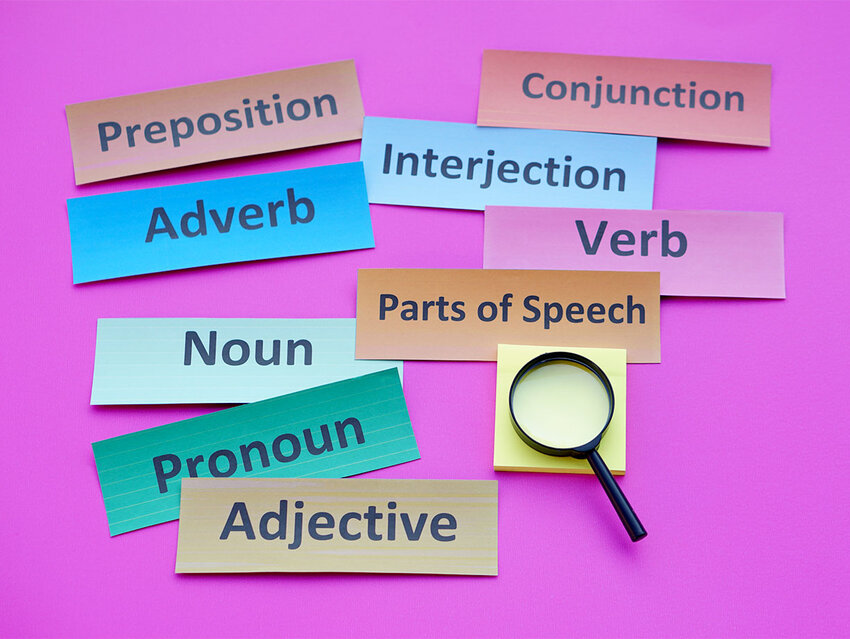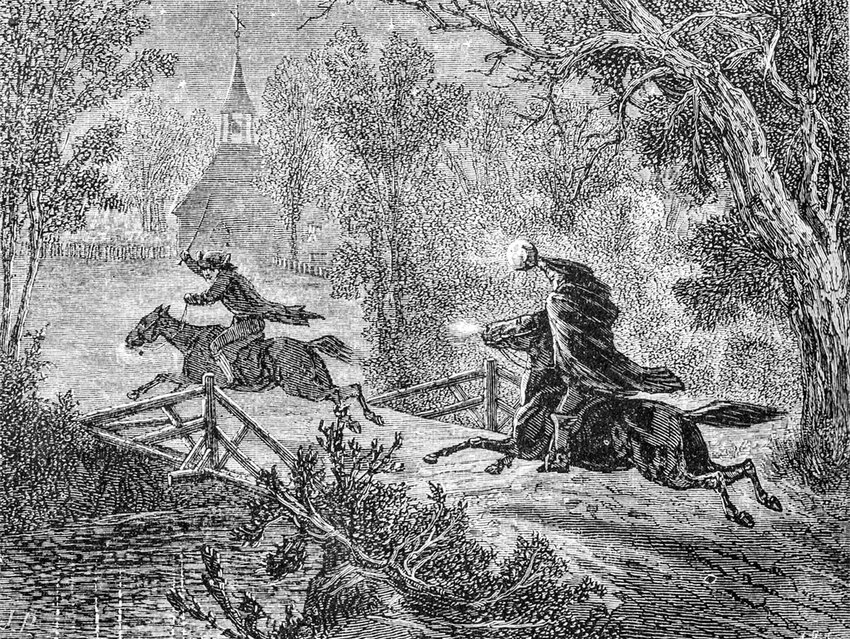
Rifacimento
[ri-fah-chi-MEN-toh]
Part of speech: noun
Origin: Italian, 18th century
1.
A literary work or musical composition recast to adapt it to a change in the circumstances of the time.
Examples of Rifacimento in a sentence
"Both the 1964 musical “My Fair Lady” and the 1999 teen comedy “She’s All That” are rifacimentos of George Bernard Shaw’s 1913 play “Pygmalion.”"
"James Joyce’s 1922 novel “Ulysses” is a rifacimento of “The Odyssey,” set among the regular people of Dublin."
About Rifacimento
“Rifacimento” is taken from the same word in Italian. It combines “rifare,” meaning “redo” or “remake,” with the suffix “-mento” (like “-ment” in English), making a noun of the action of redoing.
Did you Know?
While Shakespeare’s works are a popular source for modern rifacimentos, many of the plays were themselves reworkings of old stories, other works, and details of history. “King Lear” is a rifacimento of the anonymous 1594 comedy “The True Chronicle History of King Leir,” which told of the early King Leir of Britain. Even “Romeo and Juliet” was a rifacimento of Arthur Brooke’s 1562 poem “The Tragical History of Romeus and Juliet” (itself a rifacimento of an Italian story). In these cases, Shakespeare chose to emphasize elements of his own choosing — to develop and elevate characters that were perhaps marginal in the original text and to invent characters that didn’t previously exist.








